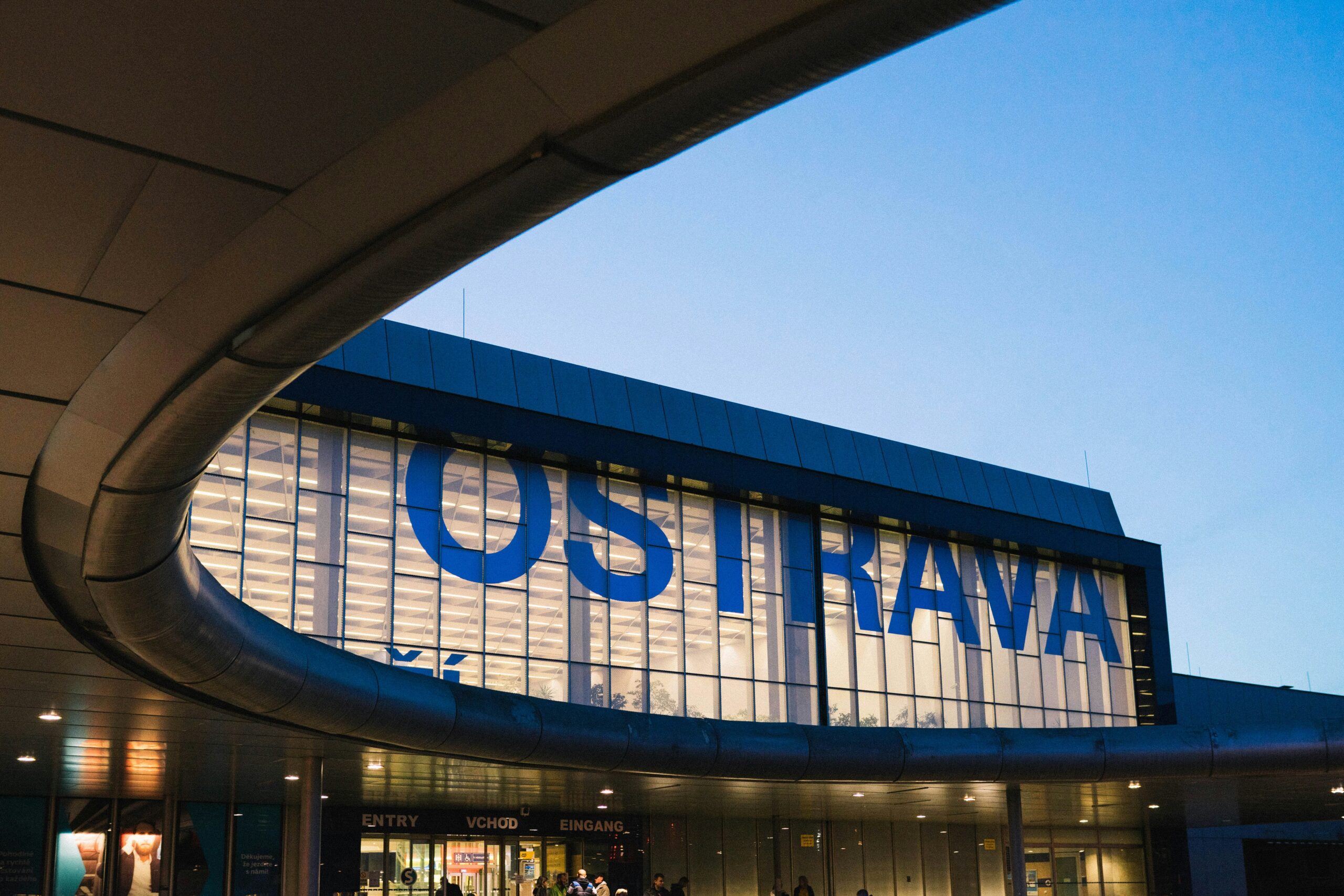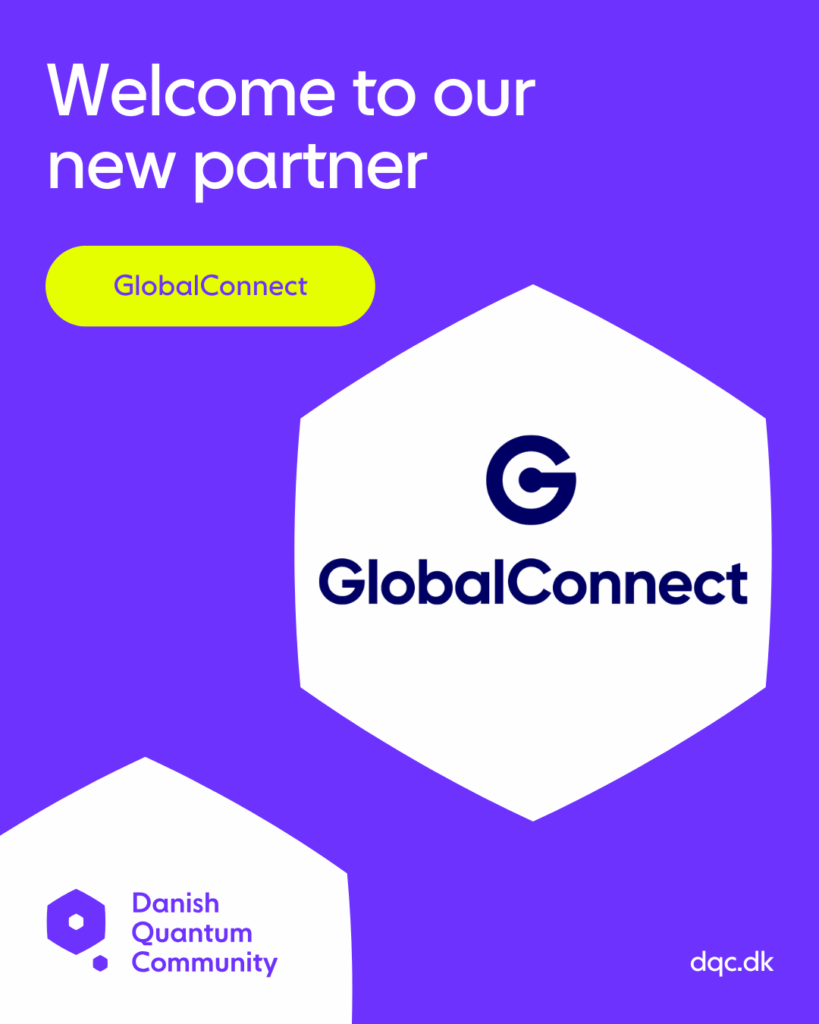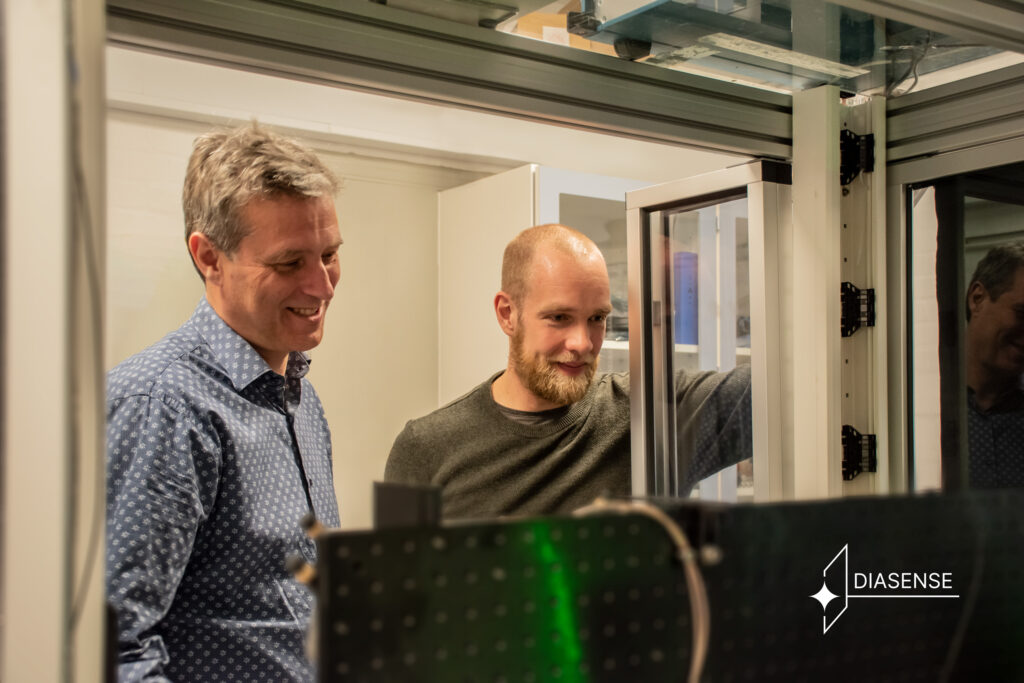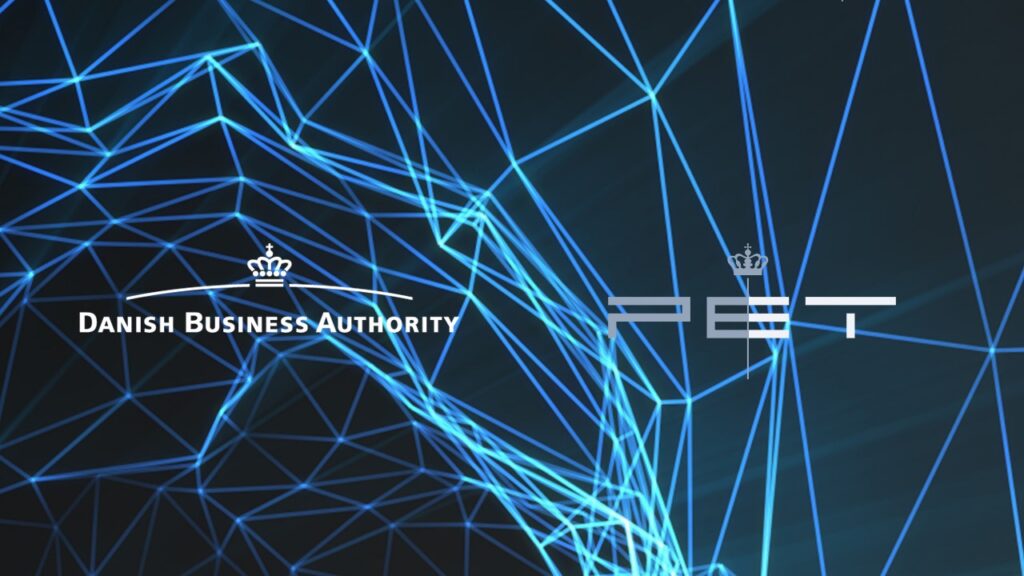IQM Quantum Computers identified as supplier
On 26 September a contract was signed, identifying IQM Quantum Computers as the supplier of the technology that will be used in the project of establishing a quantum computer for the LUMI-Q consortium. LUMI-Q is a consortium consisting of European quantum stakeholders formed as an initiative to establish and strengthen collaborative ties within the quantum technology sector.
The computer will be located at IT4Innovations center at the Technical University of Ostrava in the Czech Republic and is set to have a revolutionary star-shaped topology, enabling the execution of highly complex quantum algorithms. On the possibilities of the topology, Supercomputing Services Director at IT4Innovations, Branislav Jansik stated:
“We are excited to have a quantum computer with this unique topology. This architecture will significantly improve the efficiency of computations and the scalability of our system. The star topology offers optimal connections between qubits, minimising error rates and increasing the reliability of quantum operations. Thanks to this topology, we can better utilise quantum entanglement and achieve faster and more accurate results in a wide range of applications, from artificial intelligence to complex system simulations” (Source).
The system is expected to be in operation within a year of the contract signing.
Building on the LUMI-Q Consortium agreement
The news comes in the wake of the official announcement of the deal to provide a quantum computer for the LUMI-Q Consortium of June last year – an important milestone in establishing shared European quantum infrastructure. The official agreement was signed in Luxembourg, with Technical University of Ostrava set as the location for the computer. The acquisition cost will be EUR 5 million, with 50% being financed by the European High-Performance Computing Joint Undertaking and the other 50% being financed by the LUMI-Q consortium, which includes the Danish organization Danish e-Infrastructure Consortium.
The plan is to enable access to the computer for a range of European users, both scientific users and industrial partners alike, who will be able to utilize the new resources for quantum research and development. The intent is to support development of applications within industrial, scientific and societal domains and enabling European end-users to explore these.
The quantum computing infrastructure is further thought to integrate into the already existing infrastructure around the petascale supercomputer Karolina and other EuroHPC supercomputers, including both the supercomputers LUMI and Helios, in Finland and Poland respectively.
On the LUMI-Q effort, Managing Director for CSC – IT Center for Science Kimmo Koski says:
“The LUMI-Q effort is a testament to the success of the pan-European identity of the LUMI concept. LUMI-Q opens up the possibility for hybrid computing on the EuroHPC supercomputing platforms, ensuring European users’ early access to the emerging field of quantum-accelerated HPC” (Source).
The LUMI-Q consortium exists as a collaboration between 9 European countries: Belgium, Czechia, Denmark, Finland, Germany, the Netherlands, Norway, Poland, and Sweden. The project of establishing the quantum computer further testifies to the horizon of future pan-European collaborations in the domain of quantum technology.
DeiC spearheading the Denmark’s engagement in LUMI-Q
The Danish representative in the LUMI-Q consortium is the organization DeiC (Danish e-infrastructure Cooperation). DeiC was formed in 2012 under Danish Ministry for Higher Education and Science with the goal of collecting the activities within the domains of network and supercomputers. Within LUMI-Q, DeiC has been tasked by the Danish government to carry out initiatives from Denmark’s National Strategy for Quantum Technology.
For further reading about the LUMI-Q effort, see: LUMI.



